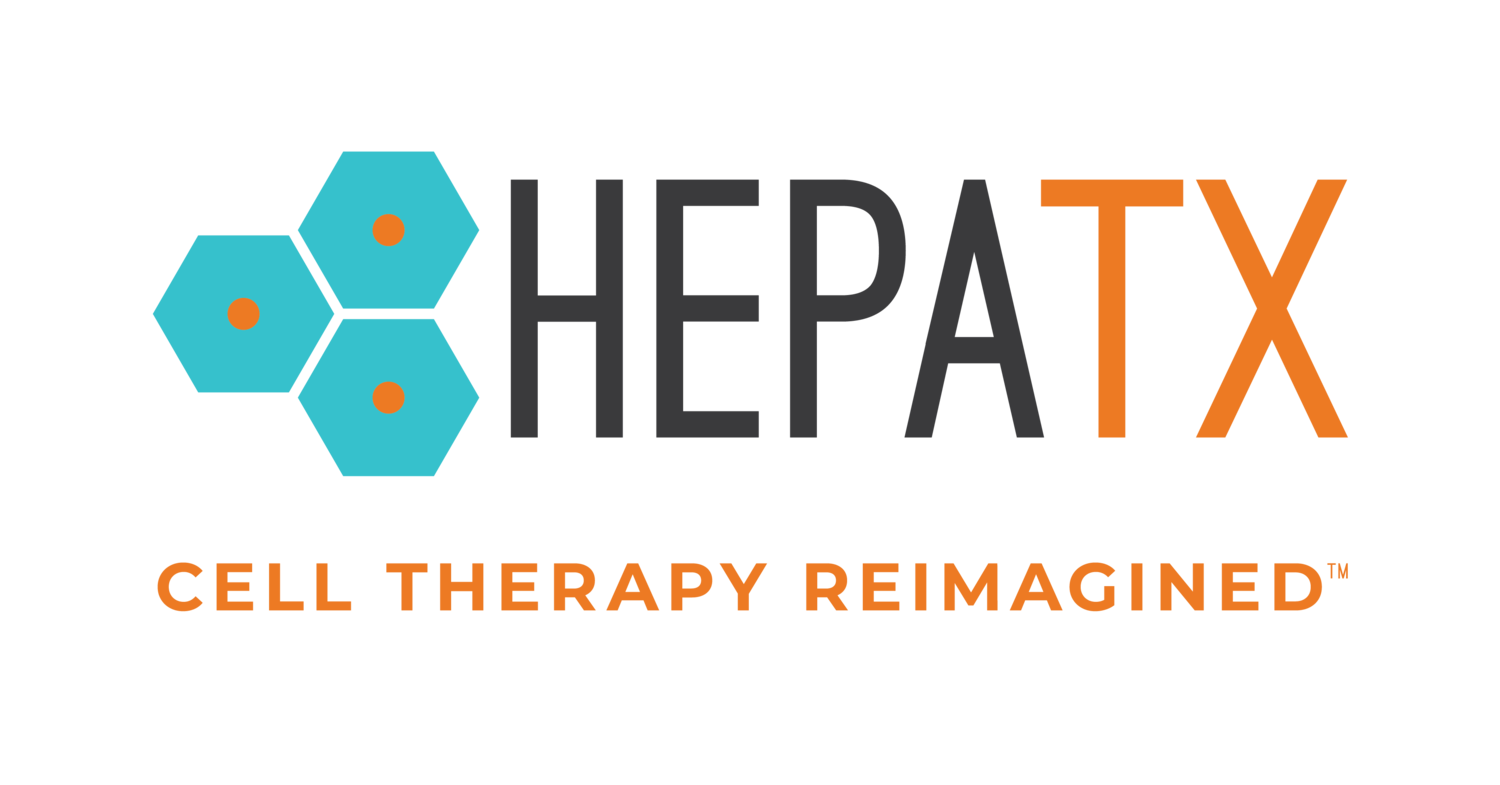
The way we see it, the numbers in liver healthcare simply haven’t been adding up.
500
vital bodily functions
performed by the liver organ
100
different types of disease
that affect liver health + function
1
effective therapy to treat thousands
in need of a life-saving transplant
Until now, organ transplant has been the one and only efficacious therapy to save hundreds of vital functions for thousands of lives. It is a successful procedure, but its availability is extremely limited.
Of the estimated 200,000 Americans with late-stage liver failure in need of a transplant each year, only 15,000 are lucky enough to make it on the waiting list.
A mere 6,000 of those will be matched with a donor in time to save their life. The other 97% of patients may die in waiting.
At HepaTx, we recognized this startling gap as an opportunity to do better.
Cell transplantation has proven to be an effective therapy to replace the lost regenerative capacity of a diseased liver, potentially restoring its vitality to that of a healthy organ.
Rather than wait for an unlikely replacement, why not regenerate cellular vitality in the organ that is already there?

We are developing a revolutionary new approach.
An administration of hepatocyte-like cells to replace dead and diseased liver cells.
Our proprietary technology is licensed from Stanford and well protected by licensed IP. It provides a potential alternative to costly transplants and can be implemented across many liver diseases.
Our vision with HepaTx technology is to fine-tune the cell function, so that we can address a multitude of specific diseases:
Anti-Inflammatory
Hepatitis/NASH
Osteoarthritis
Engineered
Inborn errors in metabolism
Hemoglobinopathies
Metabolic disorders
Cell Replacement
Liver failure/cirrhosis
Complications of liver transplant
Genetic diseases
Recently published data demonstrated that Hx-001 has properties characteristic of the hepatocyte lineage including ureagenesis. Hx-001 cells also retain desirable properties of ASCs, including immunomodulatory properties that may be useful in a clinical setting.
The in vitro results we observed are consistent with results observed in a mouse model of acute liver injury: modulation of the acute inflammatory response and evidence of reduction in hepatocyte damage, suggesting that multiple mechanisms of action might be in play.
With Allogenic Transplant, cells can be manufactured, banked, and distributed for administration to patients.



